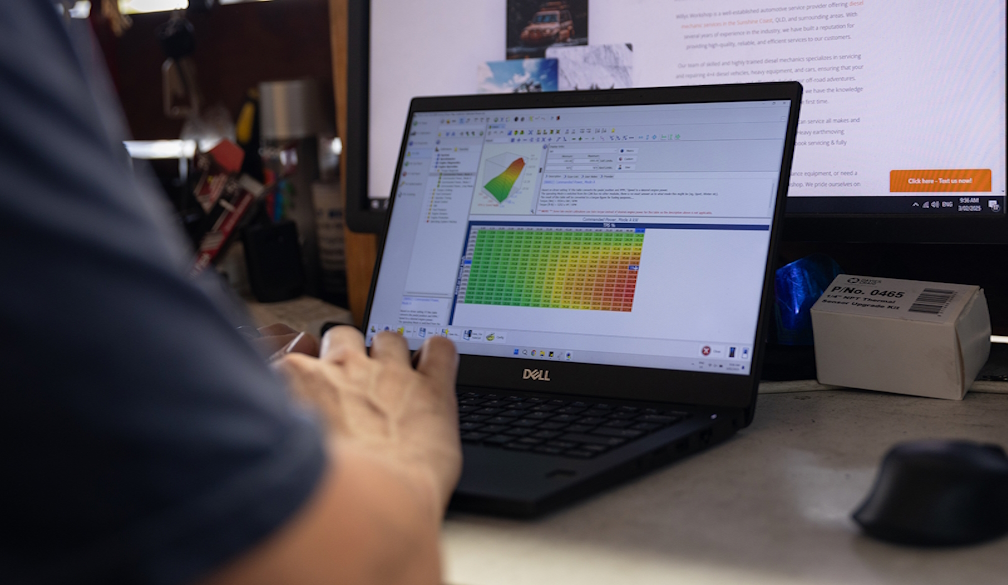The report, Peak Plastics: Bending the consumption curve, is the first study to forensically model the potential impact of policies being considered by United Nations plastic treaty negotiators. Plastics consumption across G20 countries will hit 451 million tonnes each year by 2050, nearly twice the 2019 level of 261 million tonnes, in a business-as-usual scenario, the study found.
The research comes from Back to Blue, an initiative of Economist Impact and The Nippon Foundation, and was supported by prominent authorities on plastic production, consumption and pollution including OECD, the World Bank, SYSTEMIQ, CSIR, and WWF. It also reveals that on our current trajectory countries will not reach peak plastic consumption this century: the tipping point after which plastic consumption begins to decline.
In March last year, 175 nations agreed to develop a legally binding global instrument to end plastic pollution: the UN Treaty on Plastic Pollution. This historic treaty is being negotiated through a series of meetings across the globe and is expected to be in place by the end of 2024. Only policies at the most ambitious end of those under consideration will have a meaningful impact on a soaring plastic waste crisis, the Back to Blue research found.
Researchers for the report explored three policy approaches that have reached the advanced stages of the UN treaty’s negotiations, deemed by experts as those with the greatest potential to bring about peak plastic consumption.
These policies, which cover the entire lifecycle of plastic, from production to disposal, are a ban on problematic single-use plastic products; “polluter pays” Extended Producer Responsibility schemes for full end-of-life costs; and a tax on virgin plastic production – all fail to prevent a relentless rise in plastic consumption.
Only a combination of these policies and bolder action, including possible restrictions on virgin plastic production, will bring about peak plastics and see consumption slow in the future. If the negotiators fail to agree on any policy interventions, the research projects that plastic consumption in the countries under study will nearly double by mid-century.
According to the report, a global ban on unnecessary single-use plastic (SUP) items is the most effective policy of those studied. However, even with a SUP ban in place, plastic consumption will still be 1.48 times higher in 2050 compared with the 2019 baseline.
Extended Producer Responsibility (EPR) schemes will have a minimal effect on the consumption of single-use plastic products but it is still a vital part of the solution. If EPR schemes become mandatory in the countries under focus, plastic consumption would be 1.66 times higher in 2050 compared with 2019. This is barely lower than the baseline of 1.73 times if no policies are implemented.
Modelling shows the impact of a tax on virgin plastic resin will be limited and will still see consumption rise by 1.57 times by 2050. Taxes must be aggressive to be impactful, according to the research. In the absence of a tangible impact on plastic consumption by increasing taxes, the research suggests that negotiators should consider capping plastic production.
A combination of all three scenarios still leaves plastic consumption rising albeit at a slightly slower pace - 1.25 times higher in 2050 compared with 2019. The findings highlight the ‘considerable’ possibility that the UN treaty will be too weak to bend the consumption curve downward.
To suppress plastic consumption at the scale needed, the report presents the need for measures and conditions so stringent that they are likely to encounter opposition from producers, retailers, industry bodies, consumer groups and other actors.
QUOTE 1: “Negotiators of the UN plastics treaty must maintain the highest levels of ambition possible when entering the next round of negotiations, and industry needs to play a constructive, not obstructive, role in reaching a deal.
So far, commitments by industry, retailers and brands to reduce plastic waste are short on detail and have failed to materialise. We have to slow the soaring production of single-use plastic. Only a bold suite of legally-binding policies will result in plastic consumption peaking by mid-century.” – Charles Goddard, editorial director, Economist Impact
QUOTE 2: “Back to Blue’s research is a timely call for urgent, ambitious solutions to the plastic crisis. Plastic pollution extends beyond all borders, impacting the health of the ocean and natural environment. It will take global co-ordination to address the scope and scale of this issue.” - Yohei Sasakawa, chairman of the Nippon Foundation.
QUOTE 3: "The urgency to reach peak plastic waste—and also peak production of disposable plastics—is crucial for preserving our planet and safeguarding our well-being.” - Perinaz Bhada Tata, World Bank
QUOTE 4: "Proper plastic management is the biggest challenge facing us today. With mounting evidence that the world is generating more single-use plastics than ever before, the Back to Blue report plays a crucial role in identifying countries that are likely to become major sources of such waste. The report is also an essential guide to understand effective policy-making to address the plastics conundrum." - Aafrin Kidwai, Solid Waste India
QUOTE 5: "This report confirms that an urgent, global effort is needed to stop the flood of plastic pollution at its source. The entire lifecycle of plastics, from feedstock extraction and production of plastic precursors to disposal, must be addressed by the future, legally binding UN treaty to end plastic pollution. The policy levers examined in this report will not be sufficient: bolder action is needed, including globally coordinated tax mechanisms coupled with ambitious caps on virgin plastic production." David Azoulay, Center for International Environmental Law (CIEL)
You can find the full report and data story here
Notes to Editors
‘Peak plastics’ is the tipping point after which plastic consumption begins to decline. Back to Blue’s modelling uses a quantitative forecasting methodology to predict at what point each country will reach a peak in its consumption of plastic.
Back to Blue selected three real-world policy scenarios that are already being implemented at various degrees globally: a ban on single-use plastic (SUP) products; a mandatory Extended Producer Responsibility (EPR) for industrial consumers; and a producer tax on virgin resin. These three policies are cited in the advance documentation for negotiators related to the UN Treaty on Plastic Pollution.
The seven categories of polymers used in the model account for 80% of all plastic production. The objective is to test if plastic consumption will reach a peak, assuming that consumers, producers and policy makers understand the true cost of producing and using plastic products. We are assuming that some products, not only single-use plastic products, shift towards using substitute materials.
The issuer is solely responsible for the content of this announcement.
About Back to Blue
“ Back to Blue” is an initiative launched by Economist Impact and The Nippon Foundation in 2021 to focus efforts on evidence-based approaches and solutions that tackle escalating ocean challenges, such as those posed by major threats such as climate change, pollution and habitat destruction.
While governments and policymakers have begun efforts towards restoring biodiversity and regenerating ocean health, there remains an ostensible knowledge gap on plastic and chemical pollution.
Recognising the need to stimulate fresh dialogue and solutions to pressing ocean issues, this multi-year initiative brings together both organisations’ unique capabilities in ocean research and programme-building to build a powerful platform which will accelerate momentum in improving ocean health. In 2021, the Plastic Management Index published under Back to Blue addressed the issue of marine plastic pollution. In 2022 the focus is on the less visible pollution from chemical contaminants that are damaging ocean life and ecosystems and in the long term, human health."
About Economist Impact
Economist Impact combines the rigour of a think-tank with the creativity of a media brand to engage a globally influential audience. We believe that evidence-based insights can open debate, broaden perspectives and catalyse progress. The services offered by Economist Impact previously existed within The Economist Group as separate entities, including EIU Thought Leadership, EIU Public Policy, EIU Health Policy, Economist Events, EBrandConnect and SignalNoise.
We are building on a 75-year track record of analysis across 205 countries. Along with framework design, benchmarking, economic and social impact analysis, forecasting and scenario modelling, we provide creative storytelling, events expertise, design-thinking solutions and market-leading media products, making Economist Impact uniquely positioned to deliver measurable outcomes to our clients.
About The Nippon Foundation
Established in 1962, The Nippon Foundation is Japan’s largest philanthropic foundation, providing support to public-service activities in a variety of fields across national borders. In ocean affairs, the Foundation aims to cultivate human resources who will chart a course for the ocean’s future and to pass on the ocean’s riches to future generations. Other primary areas of activity include support for children, persons with disabilities, disaster relief, and international cooperation, with the ultimate goal of achieving a society where all people support one another.




















